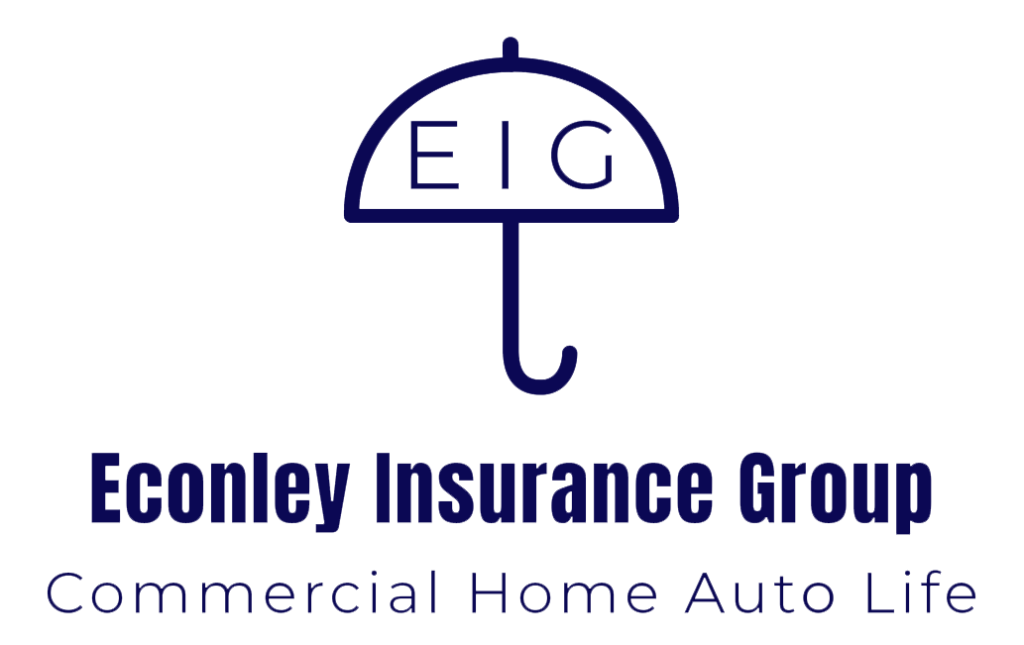There isn’t a lot of transparency in how insurance scores are determined. Insurance companies generally use information from two sources for the calculation of your insurance score.
The first is your credit report, although again they aren’t always looking at the same things as say, a bank would for a loan.
The second is your claims history, which is usually pulled from a shared database such as the Comprehensive Loss Underwriting Exchange (CLUE) or A-PLUS report.
From there, how they weigh the data that is gathered and exactly how it affects your rates varies by company.
How high or low can an insurance score go?
Depending on the company that is issuing the insurance score, an insurance score range can go as low as 200 and as high as 997. If you have an insurance score of 770 or more, you’re considered to have a good insurance score, and so you’ll get lower rates. If you have a score of 500 or less, you’re going to pay higher insurance rates.
Can I find out what my insurance score is?
While you probably won’t be able to get the exact number calculated by the insurance company, you can get copies of the reports that are used to develop it.
You can get a free copy of your A-PLUS report by going to the Verisk website, an analytics company. Or you can call them at 800-627-3487.
You can get your free copy of CLUE by going to the LexisNexis website or by calling 1-866-312-8076.
It’s fairly easy to get a copy of your credit report. Most credit card companies offer a free service that monitors your score. Additionally, you are entitled to one free copy of your credit report and score every year.

Keeping an eye on your credit report and claims report is a good idea. A mistake on either of those reports can be very costly to you. As a general rule, if you have a good FICO score you will also have a good insurance score.
It’s important to know that if the insurance company does increase your rates (called an adverse action) because of anything found in your credit report, then by law it has to inform you. You will receive a letter notifying you that your credit report has had an adverse affect on your insurance rates. That letter must list the reasons why your rates are higher. When you receive that letter, you are entitled to a free copy of the reports used to calculate your rates, and the letter will explain how to get those reports.
How can I improve my insurance score?
You can improve your insurance score in the same way that you would improve your overall credit score. Be sure to pay your bills on time, keep a good debt to credit ratio (meaning you aren’t using too much of your available credit), and don’t apply for new credit too often.
It’s also important to avoid filing unnecessary claims; if it’s not too far above your deductible, consider covering the damage out of pocket. too many claims will hurt your insurance rates.
Your insurance score is not recalculated mid-term and won’t affect your rates until renewal. However, if your credit score has gone up, it’s a good time to shop around and compare rates, as that change will have an immediate affect on new insurance quotes.




